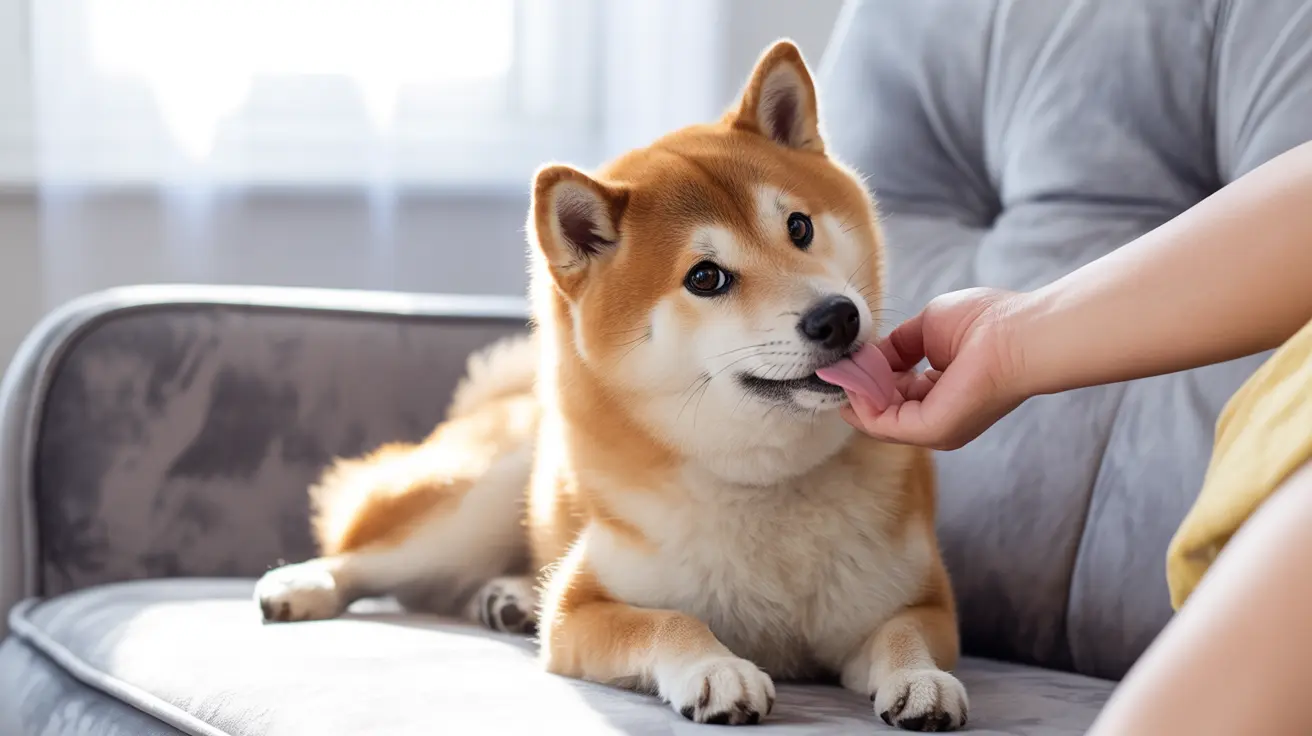If you've ever wondered why your furry friend seems fascinated with licking your arm, you're not alone. This common canine behavior has several interesting explanations rooted in both instinct and emotion. Understanding why dogs lick their owners' arms can help strengthen the bond between pets and their human companions while ensuring the behavior remains healthy and appropriate.
The Science Behind Dog Licking Behavior
Dogs use their tongues as a primary tool for exploring and understanding their world. When your dog licks your arm, they're gathering detailed sensory information about you through taste and smell. Their highly developed sense of taste can detect subtle changes in your skin chemistry, while their sense of smell picks up microscopic particles that tell them about your day, health, and emotional state.
Affection and Social Bonding
In the wild, dogs and wolves use licking as a social bonding mechanism. When your dog licks your arm, they're often expressing affection and reinforcing their connection with you. This behavior is learned from puppyhood, where mother dogs lick their pups to groom and show care.
This natural instinct carries over into their relationship with humans, making arm licking a sign of trust and emotional attachment. Many dogs specifically choose areas like arms and elbows because these parts are easily accessible and often carry strong personal scents.
Salt and Taste Attraction
Human skin naturally contains minerals and salt from sweat, particularly in areas like the inner elbow and forearm. Dogs are naturally attracted to these salty tastes, which can make your arms an especially appealing target for licking. After exercise or during warm weather, increased sweating can make your arms even more interesting to your pet.
Communication and Attention-Seeking
Dogs often use licking as a form of communication. When they lick your arm, they might be trying to:
- Get your attention for food or play
- Show submission or respect
- Express anxiety or stress
- Indicate that they need something
When Licking Becomes Excessive
While occasional arm licking is normal, excessive licking might indicate underlying issues:
- Anxiety or stress
- Compulsive behavior
- Medical conditions
- Lack of mental stimulation
- Attention-seeking behavior gone too far
If your dog's licking becomes obsessive or causes skin irritation, consult with your veterinarian to rule out any medical or behavioral concerns.
Frequently Asked Questions
Why does my dog lick my arm or elbow specifically?
Dogs often target arms and elbows because these areas are easily accessible and contain concentrated sweat glands that produce interesting scents and tastes. These areas also tend to have thinner skin, making your natural scent more detectable.
Should I be concerned if my dog licks my arm constantly?
While occasional licking is normal, constant or obsessive licking might indicate anxiety, stress, or medical issues. If the behavior becomes excessive or concerning, consult with your veterinarian.
Can licking my arm indicate my dog has anxiety or stress?
Yes, excessive licking can be a sign of anxiety or stress in dogs. It may serve as a self-soothing behavior, similar to how humans might bite their nails when nervous.
How do I stop my dog from obsessively licking my arm?
Redirect their attention to appropriate activities, provide mental stimulation through toys and training, and discourage the behavior through positive reinforcement. If the behavior persists, seek professional help from a dog trainer or behaviorist.
Do dogs lick human skin because they like the taste?
Yes, dogs are often attracted to the salty taste of human skin and the natural oils and minerals present. Additionally, they can detect pheromones and other chemical signals through taste and smell.
Understanding why your dog licks your arm can help you better respond to their needs and ensure the behavior remains within healthy boundaries. Remember that moderate licking is a normal part of canine affection and communication, but excessive licking may require professional attention.






